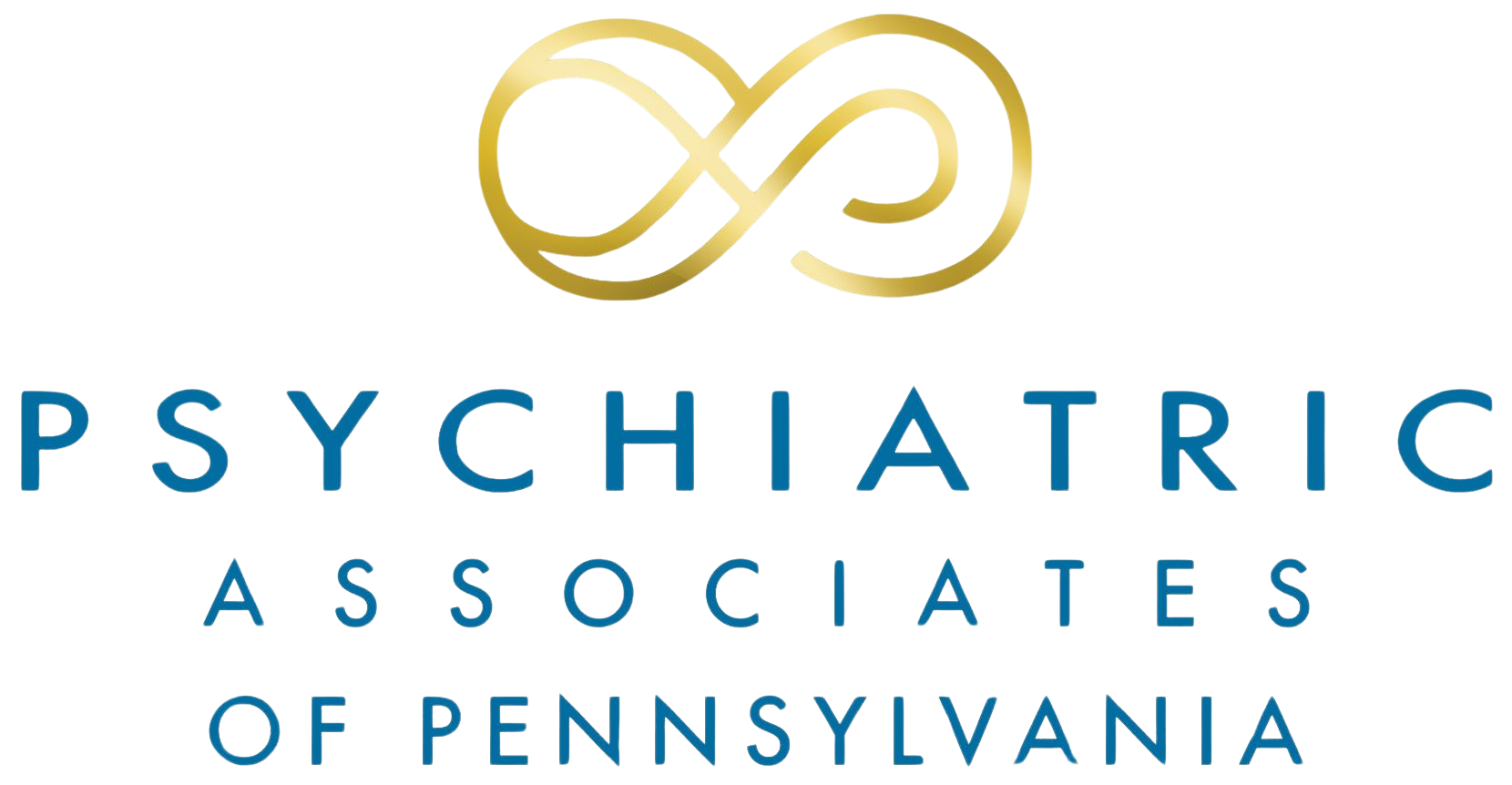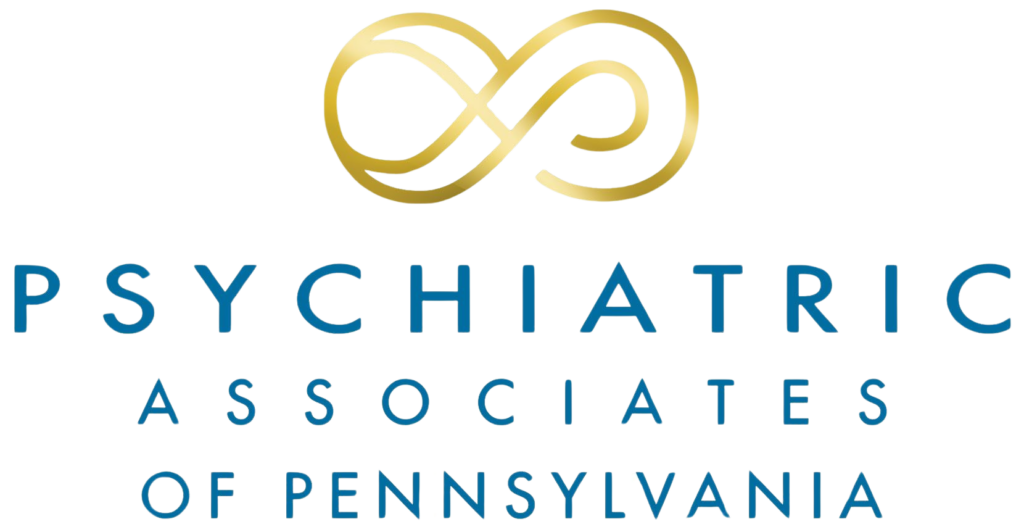What is treatment-resistant depression (TRD)?
Treatment-resistant depression (TRD) is a condition where individuals do not respond adequately to standard depression treatments, such as antidepressant medications and psychotherapy.
How do we treat TRD?
We understand the profound impact TRD can have on your life and are dedicated to offering comprehensive, innovative solutions tailored to your unique needs.
Medication optimization refers to the process of fine-tuning medication regimens to maximize their effectiveness and minimize potential side effects. The goal is to find the most suitable medication and dosage for an individual to achieve optimal symptom relief while minimizing adverse effects.
When a person is diagnosed with depression, the usual course of treatment involves starting with psychotherapy and/or antidepressant medication. In many cases, these interventions prove effective and help alleviate symptoms. However, in some instances, individuals may not experience significant improvement or may only have a partial response to treatment.
The term “psychosocial” combines the words “psycho” (referring to psychological or mental) and “social” (referring to interactions and relationships with others). It is a broad term used to describe the interplay between psychological and social factors and how they influence an individual’s mental health and well-being. Understanding and addressing psychosocial factors is crucial in managing Treatment Resistant Depression. Therapy can often play an important role in this process.
- It is not uncommon for various medical conditions to contribute to depression and other mental health conditions.
- Comprehensive Lab work: Lab work can often identify medical conditions and biological considerations which play a contributory roll in Treatment Resistant Depression. A thorough work up can help to identify endocrine, dietary, genetic, infectious, rheumatologic, inflammatory, and metabolic abnormalities which might be contributing to depression.
- Genetic considerations: Genetics can play several different roles in mental health. For example, our genetics play a role in how our bodies metabolize and process medication which can make some medications ineffective or can lead to increased side effects for others. Alternatively, genetics can play a role in how our bodies process and metabolize nutrients in order make neurotransmitters. Genetic testing can give insights which can be critical in finding the appropriate treatments for Treatment Resistant Depression. Follow this link for more information about out Genetic Counseling services.
- Neurointerventional Psychiatry is an emerging field in mental health. It utilizes a variety of techniques designed to target specific pathways in the brain that are involved in a wide range of psychiatric conditions. By utilizing these techniques, we can often achieve better outcomes with few side effects, and at times even without the need for medications. Please visit https://axonpsych.com for more information about neurointerventional psychiatry.
- Neurofeedback is a type of biofeedback that involves training individuals to self-regulate their brain activity. It utilizes real-time displays of brainwave patterns, typically using an electroencephalogram (EEG), to provide individuals with feedback about their brain activity. By learning to modify their brainwave patterns, individuals can potentially improve their mental and emotional states. Neurofeedback can theoretically play a role in the management of depression by helping to 1) regulate patterns of brainwaves, 2) improving neuroplasticity, 3) helping stress reduction and emotional regulation, and 4) improving cognitive functioning and attention.
- Mindfulness, a practice rooted in ancient contemplative traditions, involves paying attention to the present moment with non-judgmental awareness. It has gained significant attention in recent years as a potential therapeutic approach for various mental health conditions, including depression. While the precise mechanisms are still being studied, mindfulness may offer several benefits for individuals experiencing depression including:
- Increased self-awareness
- Emotional regulation
- Cognitive flexibility
- Stress reduction
- Enhancing positive experiences
- Acceptance and self-compassion
How does TRD differ from depression?
To be considered as having treatment-resistant depression, a person typically needs to have tried at least two different antidepressant medications from different classes (such as selective serotonin reuptake inhibitors or SSRIs, serotonin-norepinephrine reuptake inhibitors or SNRIs, or tricyclic antidepressants) at adequate doses and for an adequate duration, without achieving a satisfactory response.
















